DENVER PRESCHOOL PROGRAM
Early Childhood Education
Helping families find and pay for quality preschool since 2006.
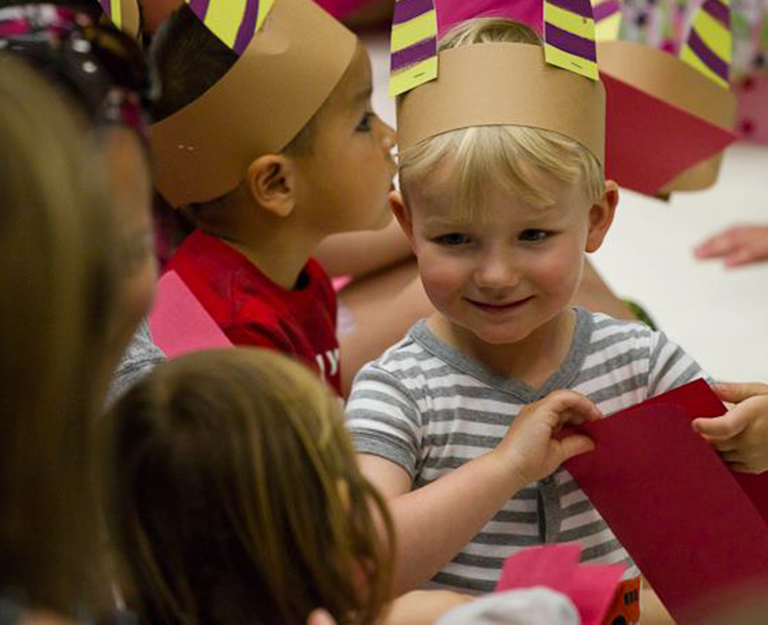
Problem: Lack of Affordable, High-Quality Early Childhood Education in Denver
Solution: Develop an Information Campaign, Ballot Measure & Program to Provide Parents with Diverse Preschool Options
Defining the Problem
There is an overwhelming body of research, with preeminent studies coming from the Harvard Center on the Developing Child among many others, that suggests the years children spend in preschool are some of the most important years, given the development that takes place in those years that allow kids to gain the academic and emotional skills they need to succeed later in life. Children who attend quality preschool programs have a host of positive outcomes, including better language, literacy, problem-solving and math skills.
However, in many cases, high-quality preschool can cost as much as college tuition, making it unattainable for low-income families. Furthermore, according to the 2000 Census, more than one-fifth of Denver’s residents were making between $18,000 and $34,000 a year, making high quality preschool unavailable for many Denverites.
At the same time, Denver residents had also proven to be skeptical when it came to utilizing public funds to address the city’s issues with preschool access. In 2000 and again in 2001, Denver Mayor Wellington Webb championed sales tax increase proposals that would have provided funding and support for a wide range of programs to benefit vulnerable children, including funding for preschool subsidies. Both times Denver voters rejected the so-called “kid tax” measures by wide margins.
Source: Center for American Progress

Searching for a Solution
How might we educate the public on the crucial need for preschool and early childhood education, and increase access to high quality preschool programs in Denver?
Analysis of the 2000 and 2001 sales tax measures found sales tax increase proposals unsuccessful for three primary reasons. Constituents viewed the proposals as being too broad and unclear. Voters with little-to-no understanding of the need historically denied general support for the proposals. And key stakeholder groups and influencers who did support the proposals often lacked the financial resources necessary to generate public support.

Leveraging resources across business, policy and philanthropy
During his first month in office, then Denver Mayor John Hickenlooper launched Invest In Success, a new early childhood education initiative. To implement the initiative, Hickenlooper established two key committees: The Mayor’s Early Childhood Education Commission (Commission) and the Mayor’s Leadership Team for Early Childhood Education (Leadership Team). Collectively, the groups brought together 45 education, business and civic leaders charged with “ensuring that all of Denver’s kids have access to high quality early childhood education.”
The teams at Gary Williams Energy and the organization’s philanthropic arm supported both groups’ work streams by providing financial capital and technical assistance. The teams established five priorities for a new early childhood education program in Denver that should:
- Be independent of City government, but accountable to elected leaders and tax payers;
- Focus on quality rating and improvement of preschool programs;
- Empower parents to choose the early education program best for their child;
- Be universal and open to all children in Denver; and
- Prioritize children in the year just before kindergarten (most commonly, 4-year-old children).
These principles established the pillars of the Denver Preschool Program, which remain today.
But implementing such a program would require public dollars, which also required a vote by taxpayers. With the failure of previous sales tax initiatives in recent view, Gary worked with the the Commission and Leadership Team to develop an early education campaign to generate awareness among voters, while simultaneously working behind the scenes to develop ballot measure language, gauge public support, identify potential obstacles and build relationships with key stakeholders and partners, particularly Denver City Council members.
The Preschool Matters campaign launched in April 2006 and featured Ballot Question 1A, which called for the creation of a $12 million-a-year-program that would cost residents 12 cents on every $100 purchase – raising Denver’s sales-tax rate to 7.72 percent. The funds would be used to support two explicit outcomes:
- Maximize access to and participation in preschool programs for all 4-year-old children in Denver in order to improve school readiness and academic success
- Promote quality improvement of preschool programs available to those children
Ballot Question 1A passed by a slim margin, and established the Denver Preschool Program (DPP) the sole purpose of administering the initiative. Incubated by Gary’s private foundation with a board constructed of private citizen leaders appointed by the Mayor and confirmed by City Council, DPP activated its tax revenue for seven explicit purposes:
- Administrative expenses
- Tuition credits
- Outreach to parents and the Denver community
- Assistance with preschool enrollment.
- Technical assistance and direct grants to preschool providers for the purpose of improving program and service quality
- Contracting with qualified experts to design and help implement a quality improvement system for preschools
- Establishment of independent evaluation in order to provide measurement of program performance and child outcomes and the preparation of associated performance reports
“
The Denver Preschool program is a powerful example of a community coming together for the benefit of our youngest children.”
Sam GaryGary Community Ventures, Founder
School Readiness Team Contacts

Delivering Breakthrough Solutions
Because of the 10-year sunset provision in the 2006 policy, DPP leaders later needed voter support again to continue the program in 2014. Thanks in large part to the success of the program, the 2014 campaign required far less financial support and the measure to extend the program through 2026 passed by a much larger margin.
Since 2006, the sales tax generated from both ballot measures has provided $92 million in tuition support to help more than 50,000 kids gain access to a high quality preschool program that best meets their needs. To learn more about the program’s impact please visit the Denver Preschool Program website.

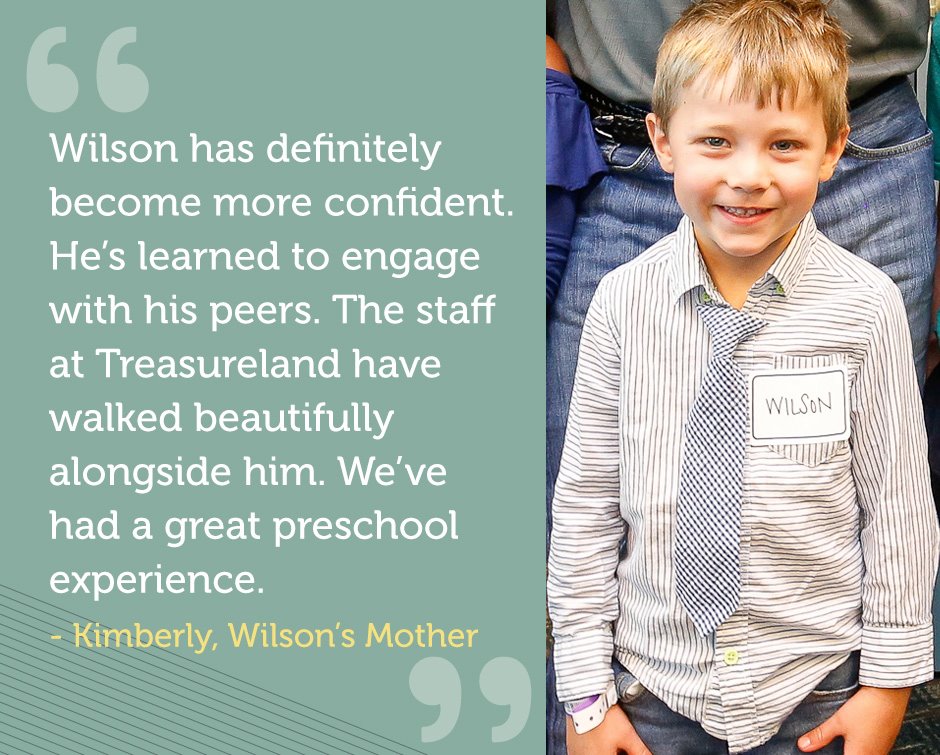
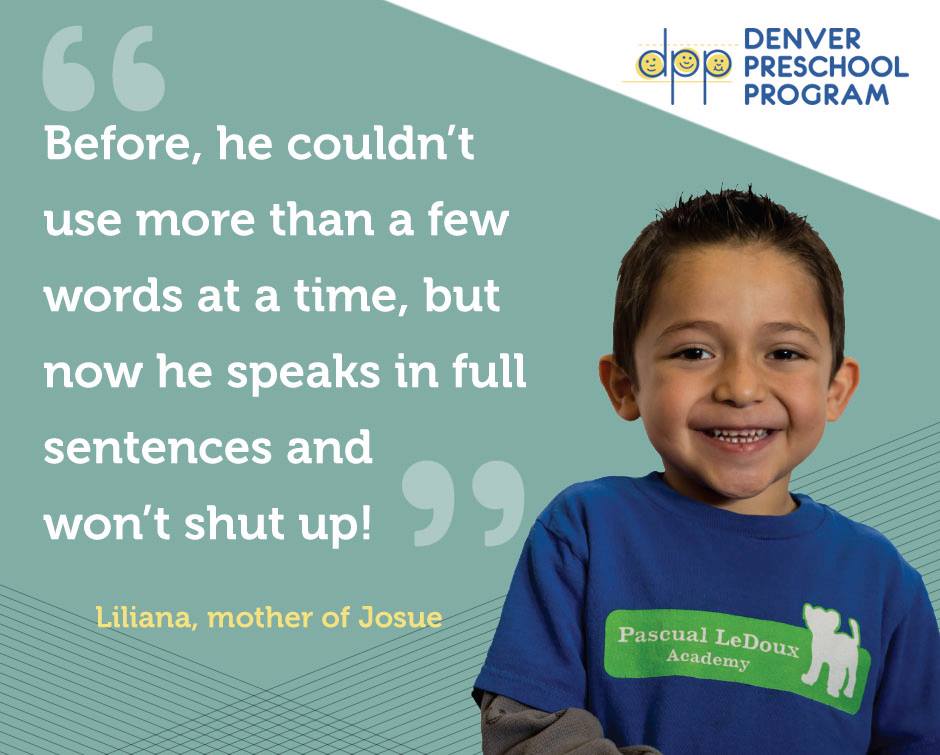
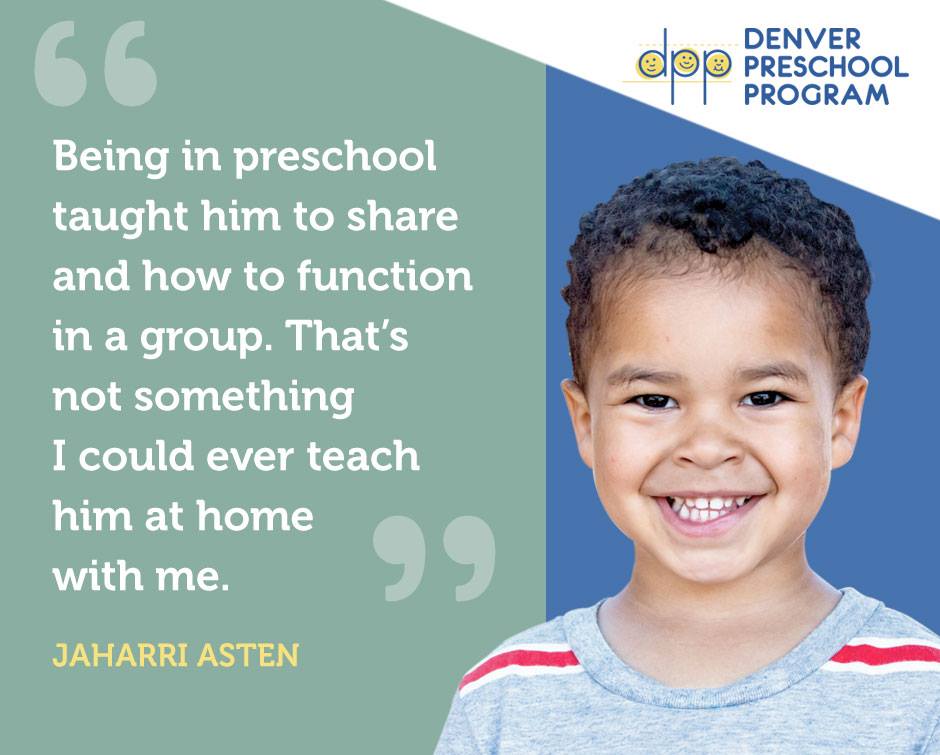
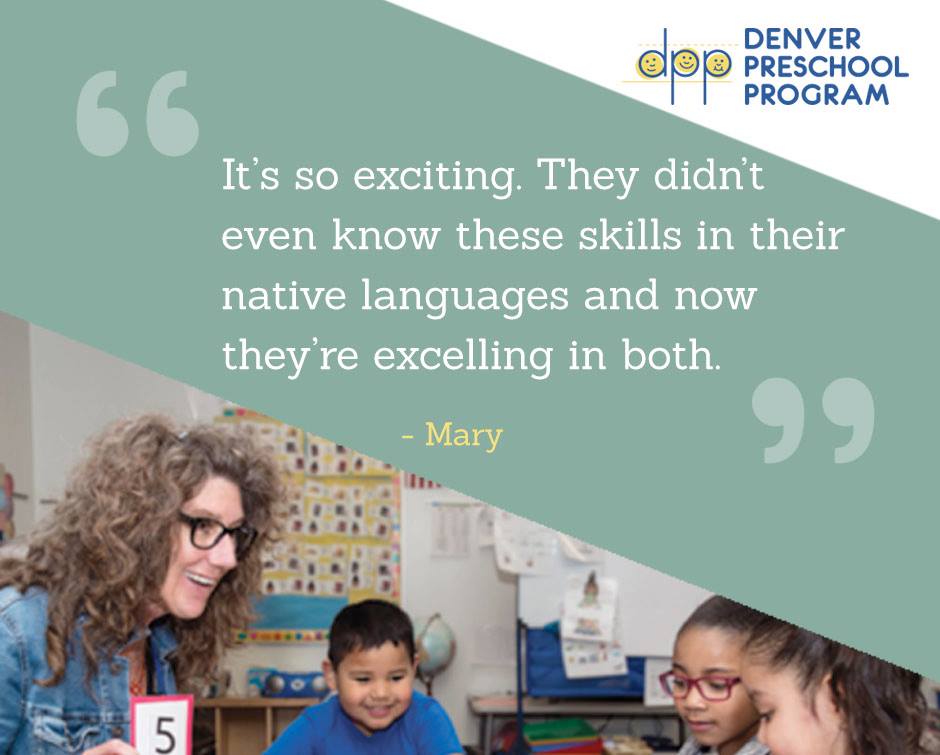
Photo Credits: Denver Preschool Program
Supported exclusively by Gary Ventures.
All our Ventures are Joint Ventures
Where breakthrough solutions are hindered by the rules of the game, we work to CHANGE the policy landscape. As we venture to solve some of the toughest problems facing Colorado kids and families, we’d love for you to join us.

